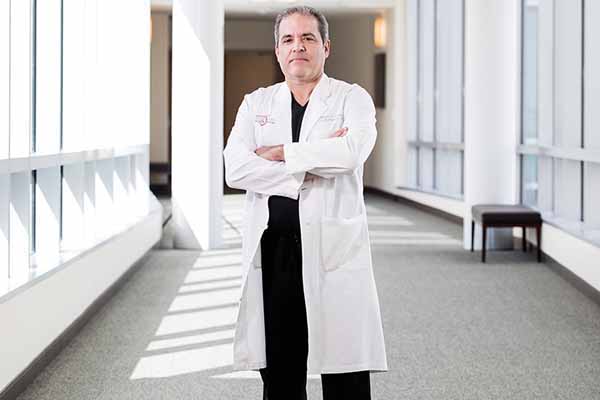
Once again, Houston cardiothoracic surgeon Miguel Gomez, MD, has won in court in his battle to collect more than $6 million from Memorial Hermann Health System in a defamation lawsuit.
The First Court of Appeals in Houston on Aug. 15 rejected Memorial Hermann’s challenge to the 2017 trial-court judgment that found the hospital system defamed Dr. Gomez after he began making plans to transfer from Memorial Hermann Memorial City Medical Center to a competing hospital. The appeals court’s decision came after the Texas Medical Association filed a friend-of-the-court brief supporting Dr. Gomez’s arguments.
Dr. Gomez claims Memorial Hermann defamed him through a “whisper campaign” to damage his professional reputation. At issue in the case were two statements Memorial Hermann allegedly published about Dr. Gomez. Memorial Hermann argued the statements were protected by a “qualified privilege” that exists when someone believes information affecting the public interest “requires the communication of the defamatory matter” to someone who can take action if the statement is true. The hospital system argued that “even false statements” were protected by that privilege unless they were made with “actual malice.”
TMA’s brief argued that neither of the defamatory statements were protected by the privilege. For instance, a Memorial Hermann employee’s statement that Dr. Gomez was producing “bad quality, high mortality rates, [and] unnecessary surgeries” didn’t fall under the privilege, TMA said, because there was no evidence the person who made the statement told it to someone who could take action if it were true. There was also no evidence it was made out of concern for patient safety, TMA said. TMA’s brief also said both statements were made with actual malice.
The appeals court agreed that the qualified privilege didn’t apply to either defamatory statement. The statement about bad quality and high mortality rates amounted to “passing on rumors that arose based on [Memorial Hermann’s] knowing use of misleading data,” the court said. It called it “gossip and innuendo gathered around the office,” rather than information the Memorial Hermann staffer needed to pass on as part of her job duties. Justice Evelyn Keyes’ decision said Memorial Hermann didn’t establish that it acted in good faith with either statement.
Memorial Hermann can either file for a rehearing in the same court or petition the Texas Supreme Court to review the case.
Last Updated On
August 21, 2019
Originally Published On
August 21, 2019